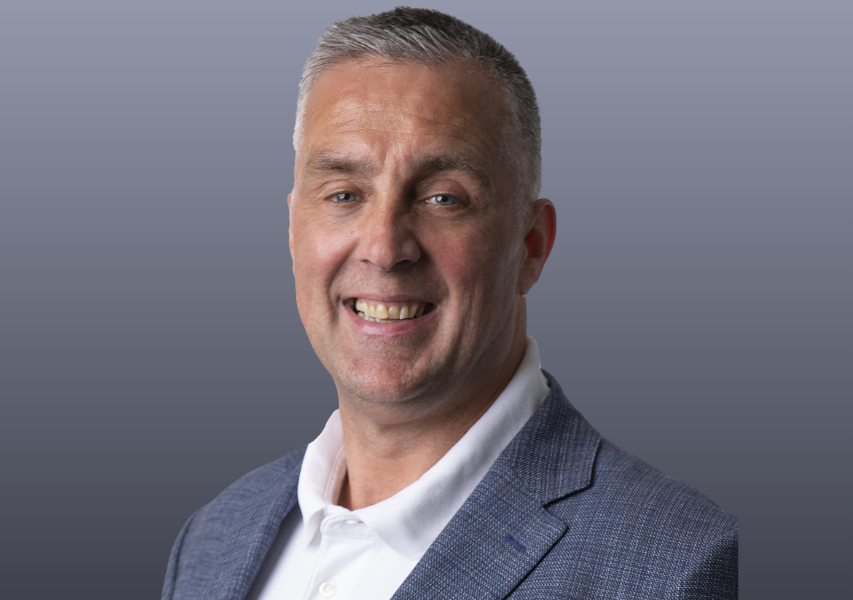In the race to capture momentum in the alternatives asset space, some private wealth managers are jockeying for position, each aiming to cross the finish line first in offering clients easy access to private markets.
Brendan Lake, founder and chief executive officer of the $2.2B alternative investment firm PPB Capital Partners, pointed out private wealth advisors often encounter significant hurdles when accessing private markets, from navigating illiquidity, complex compliance requirements, and rigorous due diligence to managing complicated portfolio construction and fee structures.
The firm is positioning itself as one of the fastest out of the start gate in providing seamless entry into alternatives through structures that simplify access for advisors. It’s fortifying its staff with expertise, technology and education.
“Historically, alternatives were out of reach for individual investors in the private wealth space because of limited liquidity, high minimums, complex structures, and limited reporting,” he said. “Because alternative strategies were built for institutions, barriers were created around transparency, operational complexity, and compliance. These challenges are solved today through firms like PPB, taking on the operational workload and bringing scalable access to private markets.”
Alternative asset managers are increasingly targeting the U.S. private wealth market, where allocations to alternatives remain far below institutional levels. While institutional investors often hold roughly 25% of their portfolios in alternatives, retail investors are estimated to be closer to 5% or lower. That gap, said Lake, represents significant growth potential. “There’s 20% more to go if the retail market converges toward institutional allocations.”
“Five years ago, the size of the retail alternatives market was far smaller than it is today, and that size has dramatically changed,” he said. “Blackstone and others are reaping the rewards of education — really teaching advisors and working with them on how to increase allocations.”
Private wealth managers are pursuing that opportunity by investing heavily in education and infrastructure to support financial advisors. Lake noted he recently met with a client to discuss implementing alternative strategies, including communication with the back office and selecting the right investments. “As these conversations mature in the coming years, that’s where we feel we’re going to have our market share — and keep growing.”
He cited research from Cerulli Associates, Bain Capital, and others projecting significant inflows of assets into alternatives from high-net-worth and mass-affluent clients over the next five to seven years. Much of that interest is concentrated on the private side of the asset class, he added.
Indeed, a recent survey by Ocorian found global family offices are eyeing an increase in allocations to major alternative asset classes over the next two years, with infrastructure assets to see the biggest gain. Roughly 64% of family office investment managers expect to increase allocations to infrastructure assets between 25% and 50% over the next two years. A third (32%) expect to beef up allocations to private debt by a similar range, while a fifth are planning similar increases in real estate (22%) and private equity (21%).
A separate survey by BlackRock Inc. found the appeal of illiquidity premia and differentiated return streams are incentivizing family offices to increase their allocations to alternatives, with the asset class now comprising 42% of their portfolios from 39% in 2023. Yet some skeptical institutional investors note that the less sophisticated investors could fill the markets’ liquidity gaps but bear the brunt of drawdowns or opaque private investments.
Private wealth advisors are actively evaluating strategies across a range of sectors and investment approaches, said Lake. Current and emerging opportunities include private credit investments such as litigation financing and asset-backed lending; mid-market private equity or preferred equity; energy infrastructure or commercial and multi-family real estate; music, entertainment, sports or technology royalties; digital assets; venture technology; and hedge funds.
Oros joins as vice chair
To support the expansion, PPB Capital is bringing seasoned industry veteran Bob Oros into its leadership team as vice chair of its board.
Oros is joining the firm after serving more than six years as CEO at Hightower Advisors, one of the nation’s largest independent wealth management firms, overseeing more than $308B in client assets across 142 advisory practices in 36 states. His long track record and perspective on the evolution of the wealth management industry made him a natural fit for PPB’s next growth phase, said Lake.
The appointment reflects broader industry dynamics, as many independent alternative platforms enter a market once reserved for larger players. “We’re in those discussions with advisors every day. Just this week, I left one of the largest advisory offices in Washington, D.C., where they were laying out different ways to bring clients into private markets. Having [Oros’] advice on where we should go, combined with his historical perspective going back to the start of the [registered investment advisor] channel, is incredibly valuable.”
Oros’ role will be highly active and central to the board’s decision-making process — from personnel, to vendor selection, to capitalization, said Lake, noting, as vice chair, he will set board agendas, lead discussions, and provide guidance on critical decisions tied to the needs of private wealth advisors. “He’s going to help me, as the other board members do, when I’m on the trigger of important decisions that we need to make based on what U.S. private wealth advisors are looking for and what they need to better serve their clients in the private alternatives asset class.”
Looking ahead, PPB is positioning itself to sustain momentum over the next decade by scaling operations, deepening advisor partnerships, and leveraging technology to democratize access to institutional-quality investments. Lake shared that, over the last 15 months, he’s hired a team that can now build pretty much any registered product that Blackstone, Apollo, and KKR offer. “That’s going to continue to democratize the space, so smaller investors can access the same kinds of institutional strategies that, 10 years ago, were reserved for university endowments like Yale’s.”













